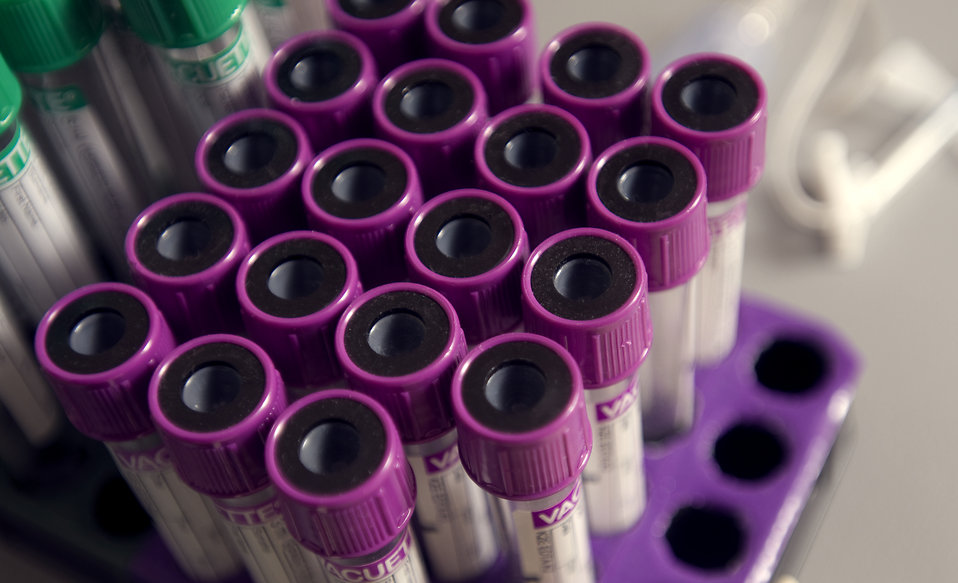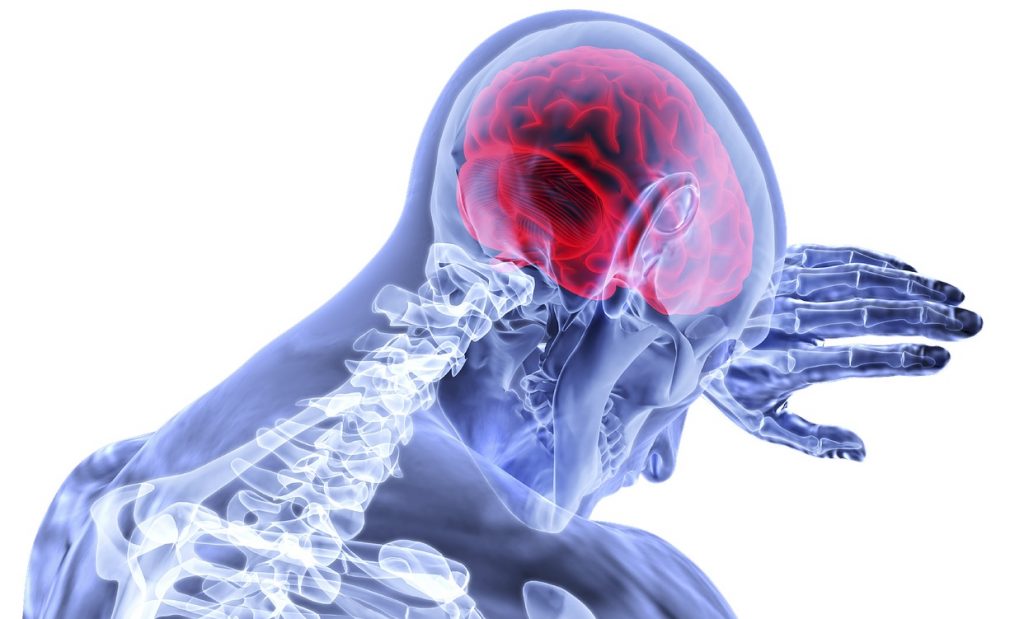Severe traumatic brain injury is associated with an increased production of free radicals causing brain damage. First line treatment of these patients aims to maintain cerebral perfusion and includes deep anaesthesia. Propofol has recently shown anti oxidant properties that need to be confirmed when used in these patients. The main objective of this study is to evaluate the effect of propofol compared to midazolam on intra cerebral oxidative stress following severe traumatic brain injury.
Official Title
Anaesthesia With Propofol Versus Midazolam : Effect on Oxidative Stress in the Brain of Head Trauma Patients.
Conditions
- Severe Traumatic Brain Injury
Study Type
Interventional
Study Design
Treatment, Randomized, Single Blind (Subject), Active Control, Parallel Assignment, Efficacy Study.
Further Details
Primary Outcome Measures:
- Lactate/pyruvate ratio concentration measured in the brain by microdialysis during the first 72 h of treatment [ Time Frame: 72 hours ] [ Designated as safety issue: No ]
Secondary Outcome Measures:
- Glutamate, glucose and glycerol concentration measured in the brain by microdialysis during the first 72 h of treatment. [ Time Frame: 72 hours ] [ Designated as safety issue: No ]
- Glasgow outcome scale and Mc Nair score at 12 months. [ Time Frame: 12 months ] [ Designated as safety issue: No ]
Study Start
June 2006
Eligibility & Criteria
Official Title
Anaesthesia With Propofol Versus Midazolam : Effect on Oxidative Stress in the Brain of Head Trauma Patients.
Conditions
- Severe Traumatic Brain Injury
Study Type
Interventional
Study Design
Treatment, Randomized, Single Blind (Subject), Active Control, Parallel Assignment, Efficacy Study.
Further Details
Primary Outcome Measures:
- Lactate/pyruvate ratio concentration measured in the brain by microdialysis during the first 72 h of treatment [ Time Frame: 72 hours ] [ Designated as safety issue: No ]
Secondary Outcome Measures:
- Glutamate, glucose and glycerol concentration measured in the brain by microdialysis during the first 72 h of treatment. [ Time Frame: 72 hours ] [ Designated as safety issue: No ]
- Glasgow outcome scale and Mc Nair score at 12 months. [ Time Frame: 12 months ] [ Designated as safety issue: No ]
Study Start
June 2006
Eligibility & Criteria
Inclusion Criteria:
Exclusion Criteria:
|
|
Total Enrolment
30
Contact Details
Yannick Mallédant, (MD, PhD)
33-2-9928-4246
yannick.malledant@chu-rennes.frBruno Laviolle, (MD)
33-2-9928-3715
bruno.laviolle@chu-rennes.fr
Location:
Réanimation Chirurgicale
Hôpital de Pontchaillou
Rennes, France, 35033
All content and media on the HealthEngine Blog is created and published online for informational purposes only. It is not intended to be a substitute for professional medical advice and should not be relied on as health or personal advice. Always seek the guidance of your doctor or other qualified health professional with any questions you may have regarding your health or a medical condition. Never disregard the advice of a medical professional, or delay in seeking it because of something you have read on this Website. If you think you may have a medical emergency, call your doctor, go to the nearest hospital emergency department, or call the emergency services immediately.







